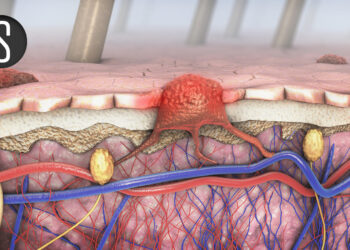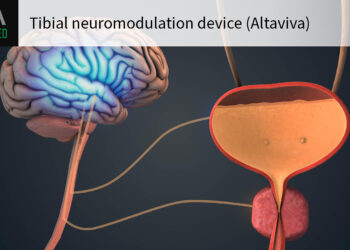Older adults taking a combination of medications to treat high blood pressure, cholesterol, and diabetes experienced slower cognitive decline and reduced dementia-related brain pathologies than those taking fewer or no such medications, a large analysis showed.
“In individuals simultaneously using two or three medication classes, the decline of cognition was slower, equivalent to the change in cognition of a person 3 years younger than the average age on this sample,” Roshni Biswas, MBBS, PhD, MPH, research scientist, Rush Alzheimer’s Disease Center, Chicago, told Medscape Medical News.
“Our findings suggest that early interventions with combination therapies targeting multiple vascular metabolic risk factors could potentially delay or prevent cognitive decline and dementia,” Biswas said.
The study was presented on July 27 at Alzheimer’s Association International Conference (AAIC) 2025.
Heart-Brain Connections
Hypertension, dyslipidemia, and diabetes are known risk factors for dementia. Antihypertensives, lipid-lowering, and antidiabetic medications may help reduce the risk for dementia.
However, a few studies have examined the association of combination cardiovascular therapies with cognitive decline and dementia-related postmortem neuropathologies.
To that end, Biswas and colleagues evaluated 4651 older adults without dementia at baseline who participated in five ongoing longitudinal studies of aging and dementia at the Rush Alzheimer’s Disease Center.
Participants underwent at least two annual cognitive assessments for an average of 9 years. Use of antihypertensive, lipid-lowering, and antidiabetic medications was documented annually.
In a subgroup of 1896 participants who had died and undergone autopsy, the researchers evaluated the extent of Alzheimer’s disease (AD) and other dementia-related neuropathologies.
Synergistic Effects?
Compared with no medication use, treatment with all three medication classes was associated with a slower decline in global cognition (P = .02), particularly semantic and working memory, the researchers found.
Among autopsied participants, treatment with all three medication classes was associated with lower odds of atherosclerosis (odds ratio [OR], 0.47; P < .01) and arteriolosclerosis (OR, 0.53; P = .01); less global AD pathology (P < .01), specifically amyloid and tangles; and lower odds of hippocampal sclerosis (OR, 0.27; P = .03) and TDP-43 (OR, 0.46; P < .01), a protein increasingly recognized as a key player in AD pathology, particularly in its later stages.
Even treatment with just two medication classes was associated with a slower decline in global cognition (P < .01), as well as lower odds of atherosclerosis (OR, 0.63; P < .01), less global AD pathology (P = .03) and tangles (P = .03), and lower odds of TDP-43 (OR, 0.71; P = .02).
Use of a single class of medication was associated with more limited but still measurable benefits, especially in preserving semantic memory and reducing tangles.
“Our study raises the possibility for increased beneficial effects of combination vascular metabolic therapies (as opposed to single therapy) in preventing cognitive decline and dementia in aging. However, further study is needed before making clinical recommendations,” Biswas told Medscape Medical News.
Reached for comment, Courtney Kloske, PhD, director of Scientific Engagement for the Alzheimer’s Association, said this study supports the “heart-brain connection” and demonstrates that “controlling modifiable vascular risk factors could have beneficial impacts on the brain.”
The study had no commercial funding. Biswas and Kloske had no relevant disclosures.
Source link : https://www.medscape.com/viewarticle/combination-cardiovascular-therapies-may-protect-aging-brain-2025a1000k0l?src=rss
Author :
Publish date : 2025-07-29 12:47:00
Copyright for syndicated content belongs to the linked Source.













